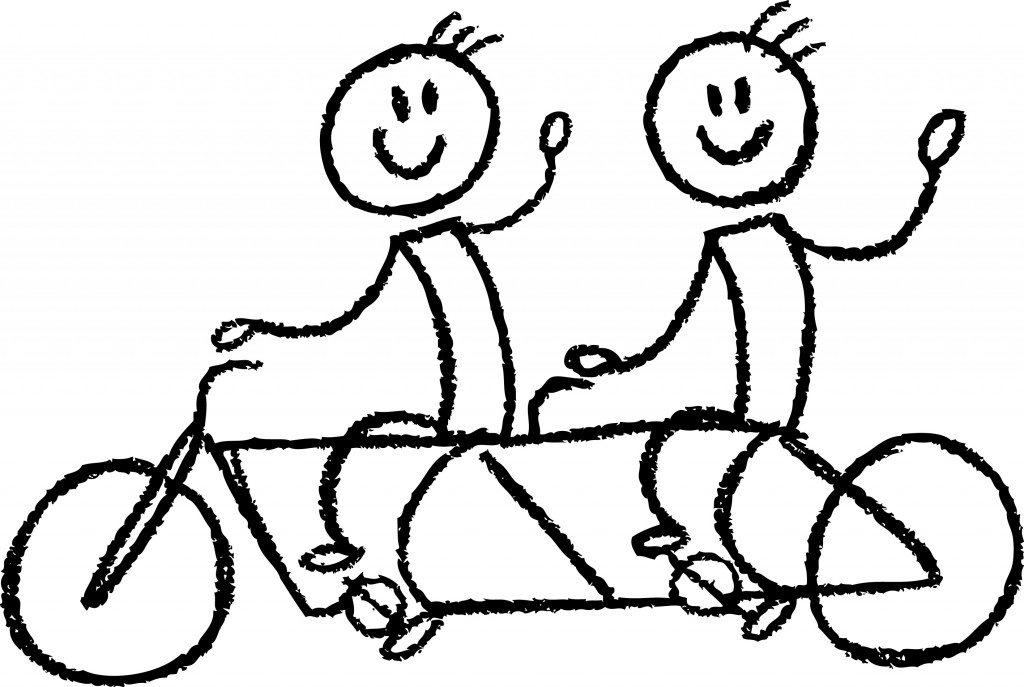

Click here for overall information about the project
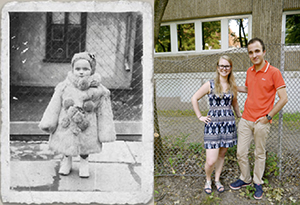 |
Growing up between 1939 and 1945 – Hidden Children under the NS-Regime Forced migration, violence and inhuman life conditions. Innocent children, who are the least responsible for wars, are sometimes the most affected by its consequences. Can you imagine spending an entire month alone in a cellar without light, not daring to make a noise because revealing your true identity would mean your certain death? During WW II, some children had no choice. |
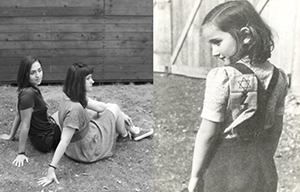 |
Whispers become Voices: Scenes of Lost Childhood from the Balkans Yacoov, Raul and Milan: Three children living in different Balkan countries. Carefree childhood, playing, enjoying the security of the family. 1941. Everything changes. What is their fate? What will happen to them? Can you imagine sleeping with a piece of bread under your mattress for months? |
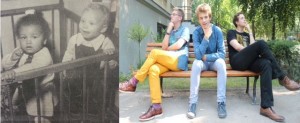 |
As a result of WW II, hundreds of thousands of children were born to a military father serving an occupying army all over Europe. Quite often, occupation children suffered from social exclusion and harassment because they were children of the enemy. In spite of the hardships occupation children had to face, it turned out that they also made an important contribution to the opening of societies in Europe and hence to the very European idea. Children of a foreign military parent are a special group among children during WW II in Europe. Some of them tell their stories to the next generation, but most of them are even 70 years later still ashamed of their past. In order to fully understand the European dimension of this issue, we will elaborate the Austrian, Belgian and Finnish situation — how is the topic of occupation children discussed in the countries we come from? |
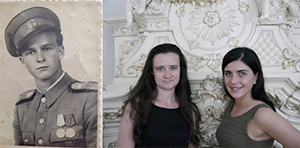 |
Children of War – Caught between Remembrance and Reality Serbia and Slovenia. Today, they are two completely different countries, but both share a common history as part of Yugoslavia. Two young students from both countries wanted to learn more about the fates of their family members who experienced WWII as children. They worked together for several months, combining individual research with debating their findings. What struck them most: 14 years after the independence of their countries, the interpretation of their shared history differs a lot. |
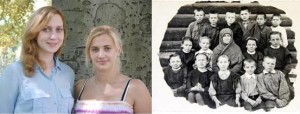 |
How does it feel not to know why you were punished? How does a child feel being evicted from his childhood cradle and being exposed Siberia? We are 21stcentury children and it is almost impossible to feel the same way as people did 70 years ago. We do not know what they suffered and what psychological impact the war had on them. It is important to get to know the history of our ancestors because they are the people who shaped today’s society. |
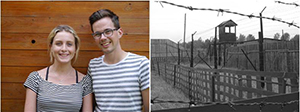 |
Footprints of Soviet Captivity Georgia and Austria: Two countries, two peoples, but one shared fate: Georgian citizens, as well as Austrian and German soldiers were prisoners of the Soviet regime. |
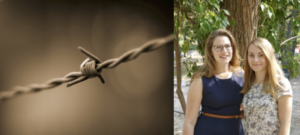 |
After the WW II, many children struggled with their identity and their place in the post-war society, because their parents belonged to the ‘wrong side’ during the war. How do these children cope with these experiences, what challenges did they face, and how will their lives be back to normal? We wanted to find out what it could have meant for these children to feel neglected and be perceived as parasites in their own countries. We would like to share their stories. |
 |
In Nazi concentration camps, German physicians conducted inhuman experiments with hundreds of children, most of them of Jewish origin. The experiments usually aimed at testing immunisation sera for the treatment of contagious diseases as well as at finding cures for injuries of German soldiers. The most infamous experiments which sought to proof the racial and ideological convictions of the Nazis were those of Josef Mengele at Auschwitz extermination camp. An unknown number of abused children died of injuries, futile operations and deadly diseases. |
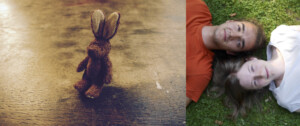 |
Expulsion: Children from the past and today Since 2014, the war in Syria has escalated dramatically – about nine million people have had to flee from their homes. Nearly 60 million people worldwide have been forcibly displaced in 2015. The media calls it the biggest exodus since World War II. This comparison with WW II made us think about what seeking refuge in the past might have in common with seeking refuge today. |
